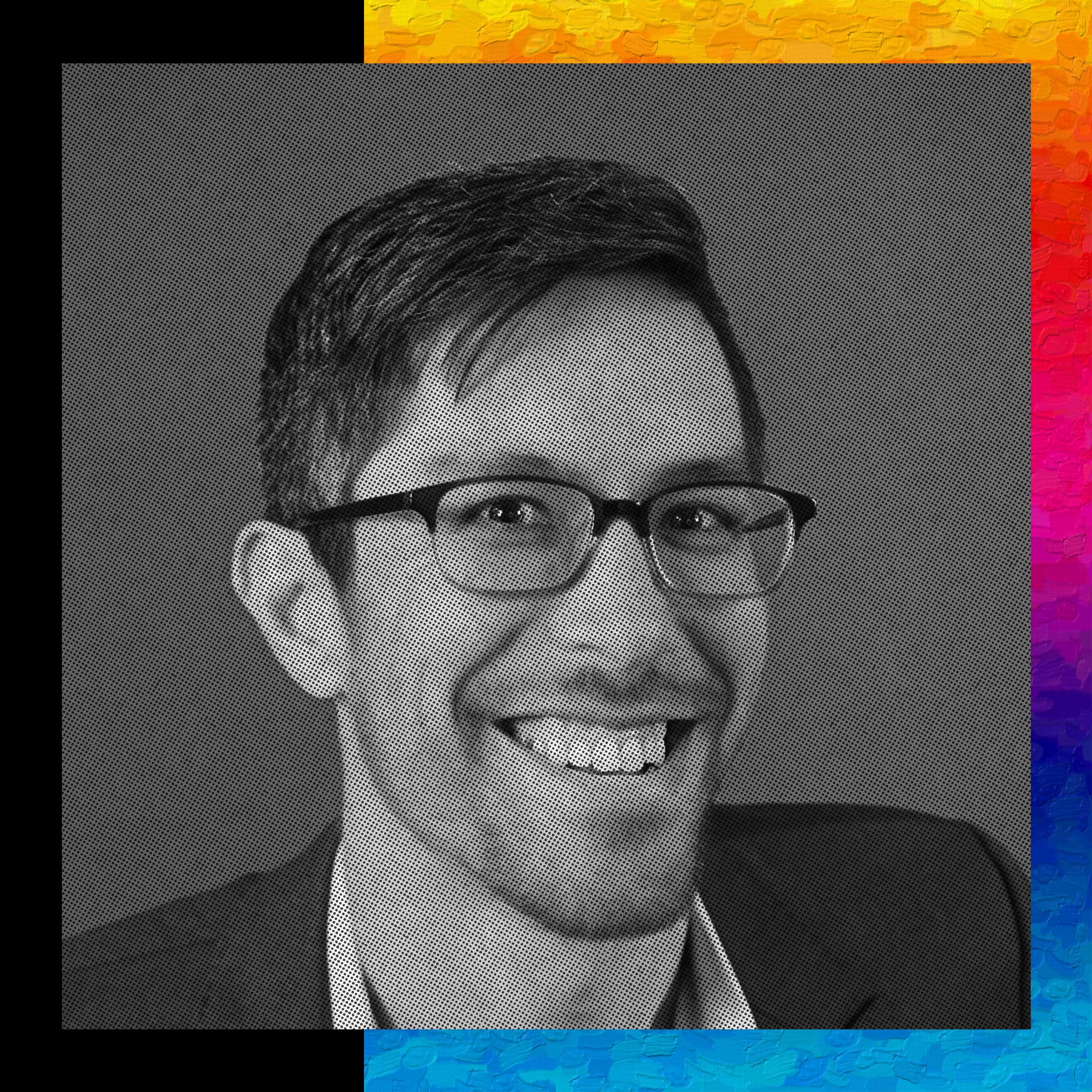
December 15, 2022 • 11min
Breakthrough Lessons: Refuse Mediocrity
Pattern Breakers

Key Takeaways
- Breakthrough founders reject learned helplessness and believe they can make radical change in the world
- Find a big, meaningful problem that speaks to your soul and could drive you for your entire life
- Get maniacally focused on the details after identifying your big problem - break it down into discrete, actionable steps
- Apply startup best practices like building from first principles and making quantitative conclusions
- Distinguish between release tempo and iteration tempo - you can iterate rapidly on smaller pieces even if the final product takes years
- Support and celebrate founders who refuse to accept arbitrary limits and push for progress
Introduction
In this episode of Pattern Breakers, Mike Maples Jr. explores how some founders radically change the future by rejecting learned helplessness and arbitrary limits on progress. He uses the example of Blake Scholl and Boom Supersonic to illustrate how breakthrough founders think from first principles, believe in the possibility of radical change, and follow startup best practices to manifest solutions to big problems.
Topics Discussed
The Problem of Learned Helplessness (00:15)
- Learned helplessness occurs when people experience repeated trauma and stop believing they can change their situation
- This attitude has become embedded in Western culture, seen in:
- Politicization of scientific research
- Growing regulatory burdens
- Bureaucracy and procedural delays
- Skepticism toward progress and innovators
- Examples of stagnation:
- Longer building times compared to 100 years ago
- Declining productivity in drug discovery (termed "Eroom's Law")
- Delays in nuclear power plant construction
- Inefficiencies in urban planning (e.g. painting a bike lane in San Francisco)
"The problem is desire. We need to want these things. The problem is inertia. We need to want these things more than we want to prevent these things." - Mark Andreessen
Blake Scholl and Boom Supersonic (02:15)
- Blake Scholl questioned why commercial air travel is slower than it was 50 years ago
- Decided to make consumer supersonic travel a reality again instead of accepting the status quo
- Breakthrough founders think from first principles:
- Believe in the possibility of radical change
- Find massive, world-altering problems
- Follow startup best practices to create solutions
- Combine reckless optimism with an internal locus of control and pragmatism
How Founders Can Break Free of Limitations (04:15)
- 1. Embrace the belief in your ability to make radical change real
- Recognize your power to change the world and move people to a better future
- 2. Find a big, hairy problem that speaks to your soul
- Choose a meaningful problem that could drive you for your entire life
- Skill sets are malleable - passion and grit are most important
- Important problems attract passionate early believers
- 3. Get maniacally focused on the details
- Manifest real steps in the real world
- Conduct thorough research and self-improvement
- Break down problems into constituent assumptions
- Ask key questions about business models and scientific principles
Applying Startup Principles to Long-Term Projects (06:16)
- Distinguish between release tempo and iteration tempo
- Some products (like supersonic jets) take years to release
- Can still iterate rapidly on smaller pieces and milestones
- Example: Boom Supersonic
- Applied agile concepts to discrete steps of proving they could build the plane
- Achieved technical milestones to increase confidence long before final product
- Example: Moderna
- Achieved various technical milestones over a decade before COVID-19 vaccine
- Increased confidence in messenger RNA therapeutics through incremental progress
- Key principle: Break long-term projects into discrete tasks to accelerate movement and show tangible progress
The Philosophy of Progress (08:16)
- David Deutsch's perspective: We're only at the beginning of infinity in terms of knowledge
- All knowable things can be known if we use our minds and share knowledge
- The future is designed by people who:
- Set their life's mission to make things different
- Believe in the possibility of changing the world
- Pursue incredible opportunities
- Implement precise, detailed solutions
- Importance of supporting breakthrough founders
- They face skeptics but refuse to tolerate dogma
- They have the last word by making breakthroughs happen
Call to Action for Progress (10:16)
- Support companies like Boom Supersonic that challenge the status quo
- Join the movement to establish a new philosophy of progress in the 21st century
- Embrace:
- Agency
- Optimism
- Deliberate progress
- Refuse to accept mediocrity and start building greatness
Conclusion
This episode of Pattern Breakers emphasizes the importance of rejecting learned helplessness and arbitrary limits on progress. By highlighting the example of Blake Scholl and Boom Supersonic, Mike Maples Jr. illustrates how breakthrough founders can radically change the future through a combination of big thinking, passionate problem-solving, and meticulous execution.
The key lessons for aspiring founders and innovators are:
- Believe in your ability to make radical change
- Find a meaningful problem that drives you
- Focus intensely on the details and execution
- Apply startup principles even to long-term projects
- Support and celebrate those who push for progress
By embracing these principles and joining the movement for a new philosophy of progress, we can overcome the inertia of learned helplessness and build a better future. The podcast calls on listeners to think beyond conventional boundaries and recognize that those who dare to be different are the ones who truly make a difference.






